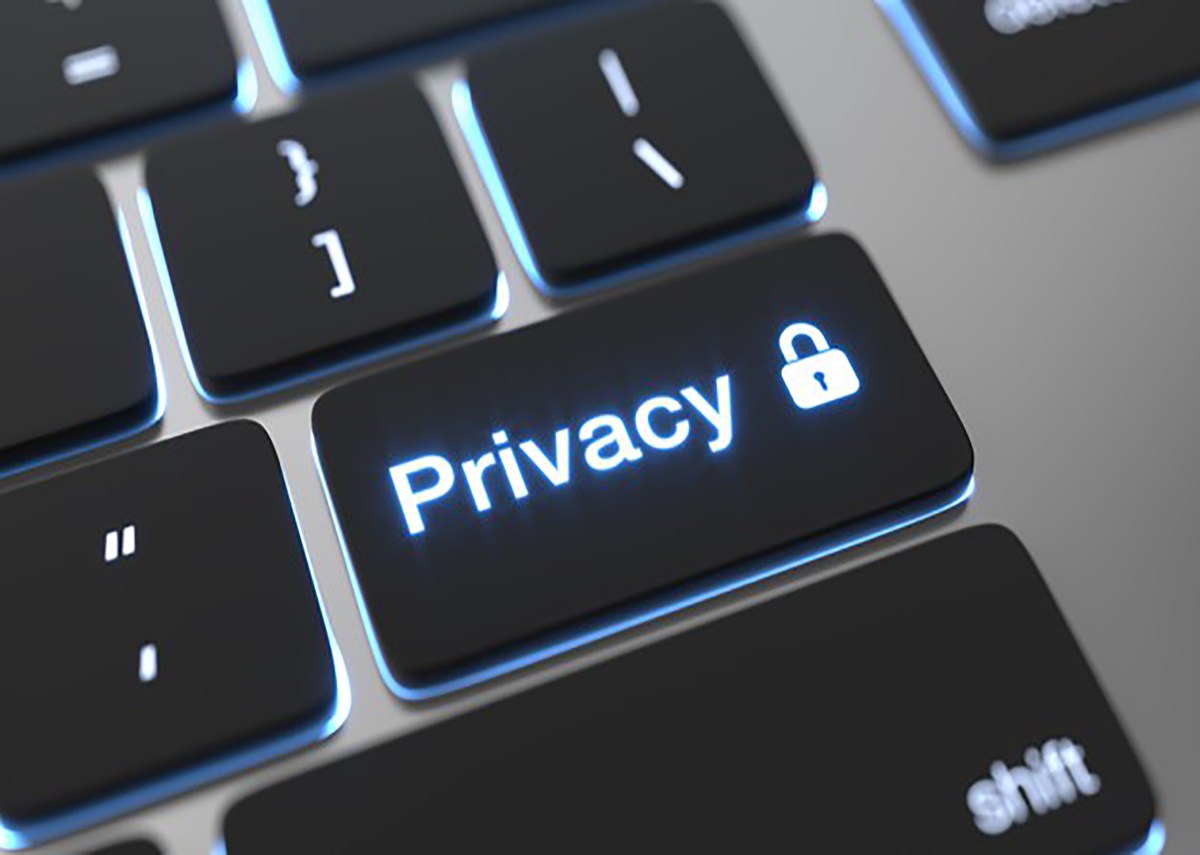Five Practical Privacy Tips
Share

If you focus closely on how we interact with online services and utilize the internet, you would notice the considerable data that we readily share online. Everything from posts on social media to cloud storage-based photographs to our web browsing and search history is valuable data in the present marketplace.
Your internet usage patterns will also have an effect on the privacy level you can keep. The greater your internet consumption with insufficient protection is, the more information you would reveal regarding yourself. It is fortunate that internet users are becoming much more aware of how important privacy is. You can learn the way of changing your internet protocol address, removing cookies, and utilizing other ways of protecting their privacy.
In the event of being overwhelmed, try to stay calm because privacy protection is less complicated than you might expect. With the straightforward information about security that we will look at here, you can also start to maintain a higher privacy level on the internet.
Know What You Are Sharing, And At What Time You Do So
The first doable thing for you to restrict the personal data level that you share on the internet is to avoid sharing it. After all, there is no need to share every minute thing from your life on social networking websites such as Twitter, Instagram, and Facebook. These brands are likely to track you even when on what might seem like unrelated online pages.
Therefore, you would like to avoid being signed into such social networking websites as soon as you start surfing the web. For example, when you are signed into Facebook, the website can also track you outside of it with its ‘Pixel’ tool. Whenever you encounter a Facebook advertisement on a different website, that social networking website can learn new information regarding you.
Signing out would be good if you wish to surf the web neutrally. Thus, you could stop worrying about advertisements targeting you or price aggregator websites changing internet prices according to your level of interest.
Remove Cookies
Regularly deleting website cookies is what you should do after the take the steps mentioned above. That process may be tedious, but the privacy level that you could get in exchange for it would make it worthwhile for you. All trackers available today use sessions and cookies to track users across the web. Removing cookies means limiting their capability to successfully collect details regarding you.
Cookies also come with security risks. Almost all cookies contain no sensitive piece of information, but those reveal a great deal about you the internet user. If threat actors possess the cookies, then the information in these becomes processable and useable for malicious purposes.
Some web browsers allow clearing browsing history and cookies automatically whenever you exit the applications. There are ways of automating the process of deleting cookies periodically, as well. If you wish to not manually delete these, the automated ways would be a better option to consider.
Persist With Secure Networks
While a public wireless network is very useful, it is not as secure for connectivity as other types of networks. It does not have the kinds of security measures that you would usually discover in residential or office networks. That is to say, almost all public wireless networks are not protected, which can make you more vulnerable to data sniffing and information theft.
Therefore, continue using secure wireless networks in place of unprotected ones. It would be better to have a simple security feature such as Wi-Fi Protected Setup as compared to lacking such measures. Secure wireless networks at public locations are also getting more prevalent, so there is no need to give up convenience just for privacy.
Get Rid Of App Permissions
Your smartphone would be the main attack surface in the case of privacy. That is especially the case because you would carry the device and would use it throughout the day. It can reveal much about its user, a lot more than you would like.
Applications with the appropriate permissions can tap into much data on your mobile device. Some applications even seek permission to tap into your message logs, call logs, stored wireless networks, and the photographs or other files stored on your device. Those details have to stay inaccessible to anything or anyone but you.
If you have been not focusing on the permission that you give applications, this would be the right time to perform a detailed audit. You may go through one application at a time or utilize trustworthy review applications to make the process automatic.
Mask Your Internet Protocol Address
We share some details readily, whereas servers can obtain some pieces of information automatically. The Internet Protocol address that you utilize to go online is logged whenever you try to access an online service or server. The address thereof can reveal much information, which includes your internet service provider and estimated location.
Going a little further, you also have to mask the user agent software you use. It is easy to discover browsing application features and add-on software to change user agents. For instance, Google Chrome’s Developer Tools allows browsing the web in the form of a bot.
You can put the tips mentioned above into practice immediately. The tips are easily implementable, but those can affect your online privacy considerably. If you would like to start preserving privacy when using the internet, you should act as per those tips.




